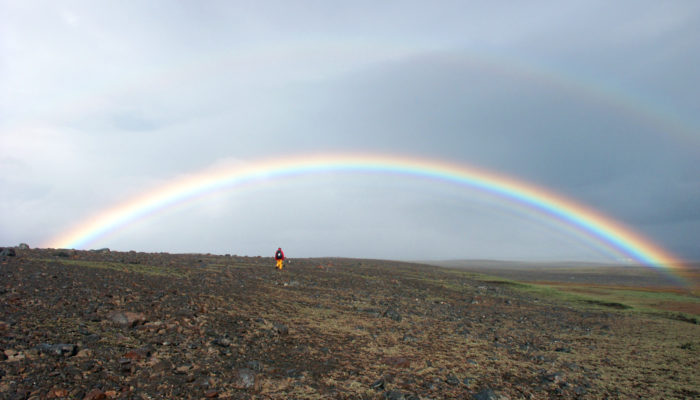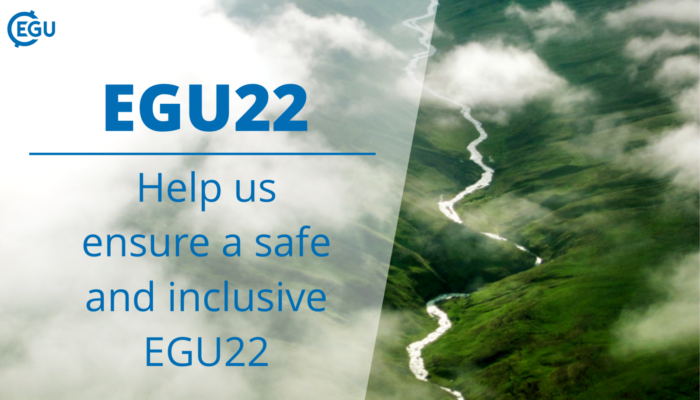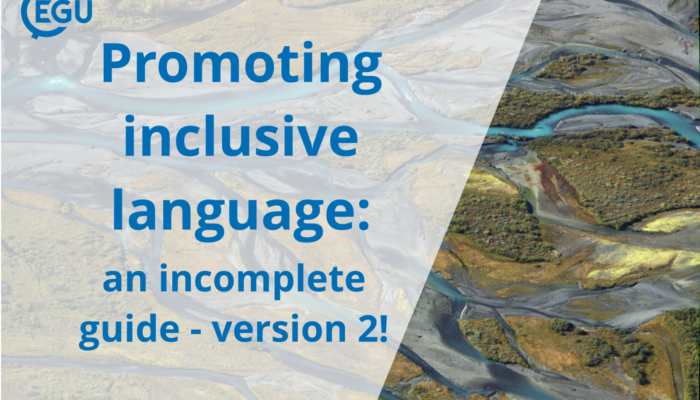It is true that academic gatherings like scientific conferences can offer great opportunities for career advancement, such as building stronger networks, highlighting your research, and finding new opportunities for collaboration. Unfortunately, many conferences are not equally inclusive to all (see the image below) and can pose as unsafe environments for presenters and participants. With EGU22 on ...[Read More]
Meet the EGUpride group: LGBTQIA+ members are welcome to join!

It is hardly a surprise that members of the geoscience community who identify as LGBTQIA+ (Lesbian, Gay, Bisexual, Transgender, Queer/Questioning, Intersex, Asexual, and others who fall under the umbrella but do not identify with these categories) are likely to face more obstacles in their career compared to their cisgender and heterosexual colleagues. This is true for people at all career levels, ...[Read More]
Using comics to talk about sexism in science: how ‘Did this really happen?!’ is trying to change the conversation
1953: Marie Tharp created a map that showed the seafloor was spreading via the Mid-Atlantic Ridge and therefore proved the theory of plate tectonics, only for it to be dismissed as “”girl talk” by her (male) supervisors. 1968: A few years after winning the Nobel Prize (without crediting her work), James Watson wrote about Rosalind Franklin saying “By choice she did not emphasize her feminine quali ...[Read More]
Accessibility at EGU: Promoting inclusive language, an incomplete guide – VERSION 2!
Like all people, geoscientists can sometimes forget the importance of language. How scientists use language is important because it not only allows us to communicate effectively with different groups, from policymakers to concerned citizens and other researchers, but it can also influence how people respond on an emotional or personal level. The way we use language can even influence how much som ...[Read More]



